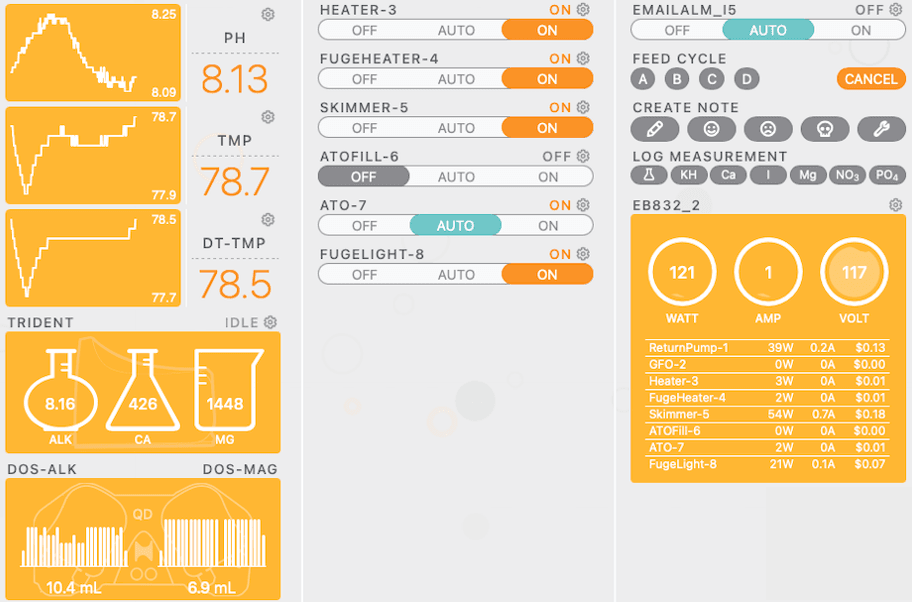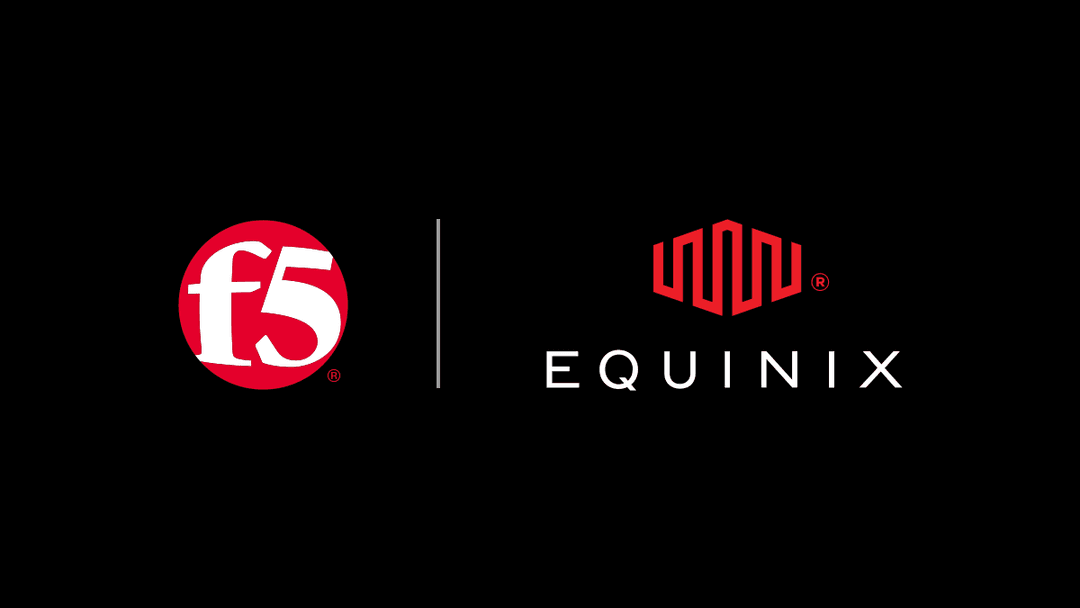If you weren’t sure you wanted to dive into our forthcoming State of Application Strategy 2025, read on. You may find you can’t wait.
Long time readers will be familiar with my love of automation. Whether it was the adoption of DevOps-like methodologies by NetOps or the need to embrace the movement toward cloud-like operational automation via APIs, the importance of automation to the operational health of a digital business has been a constant theme in my content.
Automation in action
Now, I’ve been keeping reef tanks even longer than I’ve been entrenched in application delivery and security. The advances in just the past five years have been nothing short of jaw-dropping.
While sensors were common back in 2020, today they provide data for a growing set of parameters that can drive actions designed to optimize the health of the entire marine ecosystem. Whether it’s adjusting the dosage of supplements—automatically, based on test data—or alerting me to an inevitable problem, the system I use ensures the stability my tank needs to thrive.

From testing to automated dosing to alerts to cost management, today’s reef aquarium control systems are nearly autonomous and serve as a good example of what operational autonomy in IT could look like.
It’s important to note that the control systems for my reef do not act without guidance. I can manually control every function through the same interface. Dosing is controlled by setting desired values for a given parameter (SLO) and tweaking how much leeway the system has in dosing a given supplement to meet that goal based on the most recent test results (SLI).
If you see parallels with operations, then congratulations! You see what I see.
And perhaps you also see similar frustrations, particularly when trying to operate things manually. Inconsistencies, variability, random incidents, missed feedings.* There’s always some kind of emergency to deal with when trying to manage operations manually.
The future is AIOps
It should be no surprise, then, to discover that our annual research demonstrates a hunger for automation in operations. Technology leaders are starving for a more efficient way to operate the IT estate because they know that stability produces the ability to optimize, and optimizing is necessary for healthy growth. And when we say most, we really mean most.
A mere 4% told us they were not interested in generative AI helping with any operational tasks. Meanwhile, the rest told us exactly where the obstacles in operations today are by checking off tasks like policy, script, and configuration generation as tasks they wanted generative AI to help with.
But more than just assisting with generation, most (again, yeah, most) are ready to allow AI to automatically execute functions across application delivery and security to achieve specific goals:
- Applying optimization features to improve user performance (72%)
- Adjusting traffic to optimize for costs (59%)
- Automatically injecting rules to mitigate zero-day vulnerabilities (59%)
This goes beyond AI assistants—which respondents tell us are also valuable—and into the realm of autonomous operations. It is what has come to be known as AIOps. The eagerness to embrace AI as an accelerating force in operations was palpable as we explored the responses from 659 IT decision makers from every industry, and across the globe.
There is no doubt after analyzing responses that AI and operations are headed for a collision that will change the way IT operates for the foreseeable future.
I, for one, am bigly excited about that, and can’t wait to see how it manifests in application delivery and security.
*Yes, this does apply to operations too. Incidents that require skipping lunch are not uncommon, after all.
About the Author

Related Blog Posts

Multicloud chaos ends at the Equinix Edge with F5 Distributed Cloud CE
Simplify multicloud security with Equinix and F5 Distributed Cloud CE. Centralize your perimeter, reduce costs, and enhance performance with edge-driven WAAP.
At the Intersection of Operational Data and Generative AI
Help your organization understand the impact of generative AI (GenAI) on its operational data practices, and learn how to better align GenAI technology adoption timelines with existing budgets, practices, and cultures.
Using AI for IT Automation Security
Learn how artificial intelligence and machine learning aid in mitigating cybersecurity threats to your IT automation processes.
Most Exciting Tech Trend in 2022: IT/OT Convergence
The line between operation and digital systems continues to blur as homes and businesses increase their reliance on connected devices, accelerating the convergence of IT and OT. While this trend of integration brings excitement, it also presents its own challenges and concerns to be considered.
Adaptive Applications are Data-Driven
There's a big difference between knowing something's wrong and knowing what to do about it. Only after monitoring the right elements can we discern the health of a user experience, deriving from the analysis of those measurements the relationships and patterns that can be inferred. Ultimately, the automation that will give rise to truly adaptive applications is based on measurements and our understanding of them.
Inserting App Services into Shifting App Architectures
Application architectures have evolved several times since the early days of computing, and it is no longer optimal to rely solely on a single, known data path to insert application services. Furthermore, because many of the emerging data paths are not as suitable for a proxy-based platform, we must look to the other potential points of insertion possible to scale and secure modern applications.
